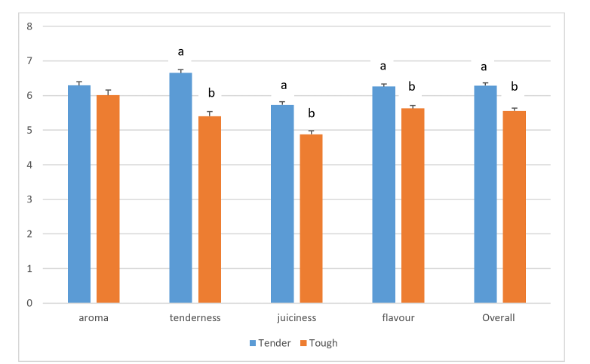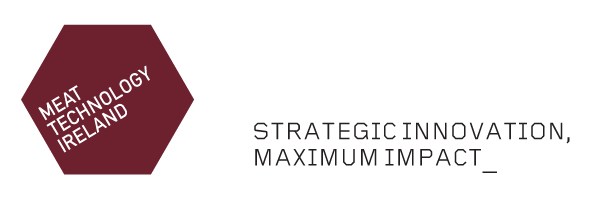Pillar 1: Genomic Predictions
The contribution of animal breeding to improving animal performance is well documented across a range of species. Once genetic variation in a trait exists, then breeding to improve the trait is possible. Considerable genetic variation exists in a range of meat quality and yield attributes across a range of species. The genetic variation that exists for both meat quality and yield is as large as observed for most performance traits; thus, within a well-structured breeding program, rapid genetic gain for both attributes could be possible. The rate of genetic gain can be augmented through the integration of DNA-based technologies into the breeding program. Genetic and genomic technologies can also have beneficial impact outside the farm gate as a tool to segregate carcasses or meat cuts based on expected features.
The goal of Pillar 1 is to generate the most accurate national genetic evaluations globally for meat quality and detailed meat cut yields. This will be achieved through the application and deployment of sophisticated statistical approaches combining phenotypic and genomic data in the pursuit of accurate differentiation between genetically elite and inferior individuals. Genetic gain for these yield and quality attributes will be achieved within a balanced breeding goal thus ensuring sustainable genetic gain within the framework of biological, environmental and economic efficiency.
Update – Beef2022 Teagasc Grange Open Day
The objective of the genetic improvement pillar in Phase I was to achieve cumulative and permanent, sustainable genetic gain for improved meat quality and yield in cattle through a combination of genetic and genomic tools within the framework of an overall holistic breeding goal for profit. The research resulted in the launch of the world’s first breeding index for meat eating quality by ICBF in September 2021. An important component of the pillar was the validation that genetic merit of animals for eating quality materialised into true differences detectable by consumers. To support this validation, a consumer study of 140 consumers was undertaken to determine if animals who were genetically divergent in the meat tenderness actually produced more tender meat, as well as undertaking the implications for other sensory attributes like flavour, juiciness and overall likeability. The consumer study found that the Tender meat genotype scored higher for tenderness, juiciness, flavour and overall acceptability compared to the Tough meat genotype.
The goal of Pillar 1 is to generate the most accurate national genetic evaluations globally for meat quality and detailed meat cut yields. This will be achieved through the application and deployment of sophisticated statistical approaches combining phenotypic and genomic data in the pursuit of accurate differentiation between genetically elite and inferior individuals. Genetic gain for these yield and quality attributes will be achieved within a balanced breeding goal thus ensuring sustainable genetic gain within the framework of biological, environmental and economic efficiency.

Figure 1. Consumer evaluation of Striploin Steak from tough and tender genotype cattle treatments. Mean data with SEM (Standard Error of the Mean). Lower case letters (a,b) denote differences (p<0.0001) between columns (O’Sullivan, M.G.; O’Neill, C.M.; Conroy, S.; Judge, M.J.; Crofton, E.C.; Berry, D.P. Sensory Consumer and Descriptive Analysis of Steaks from Beef Animals Selected from Tough and Tender Animal Genotypes: Genetic Meat Quality Traits Can Be Detected by Consumers. Foods 2021, 10, 1911. https://doi.org/10.3390/foods10081911)





